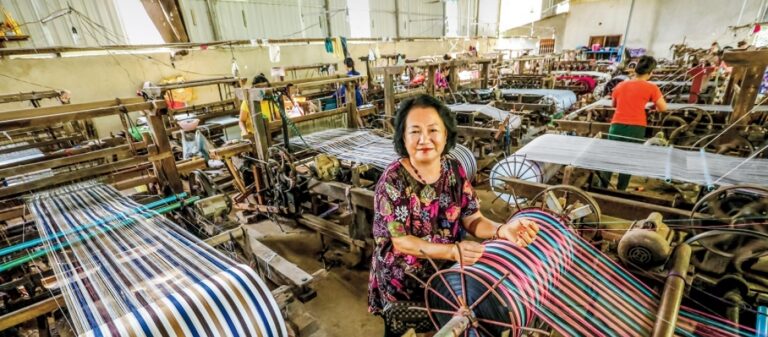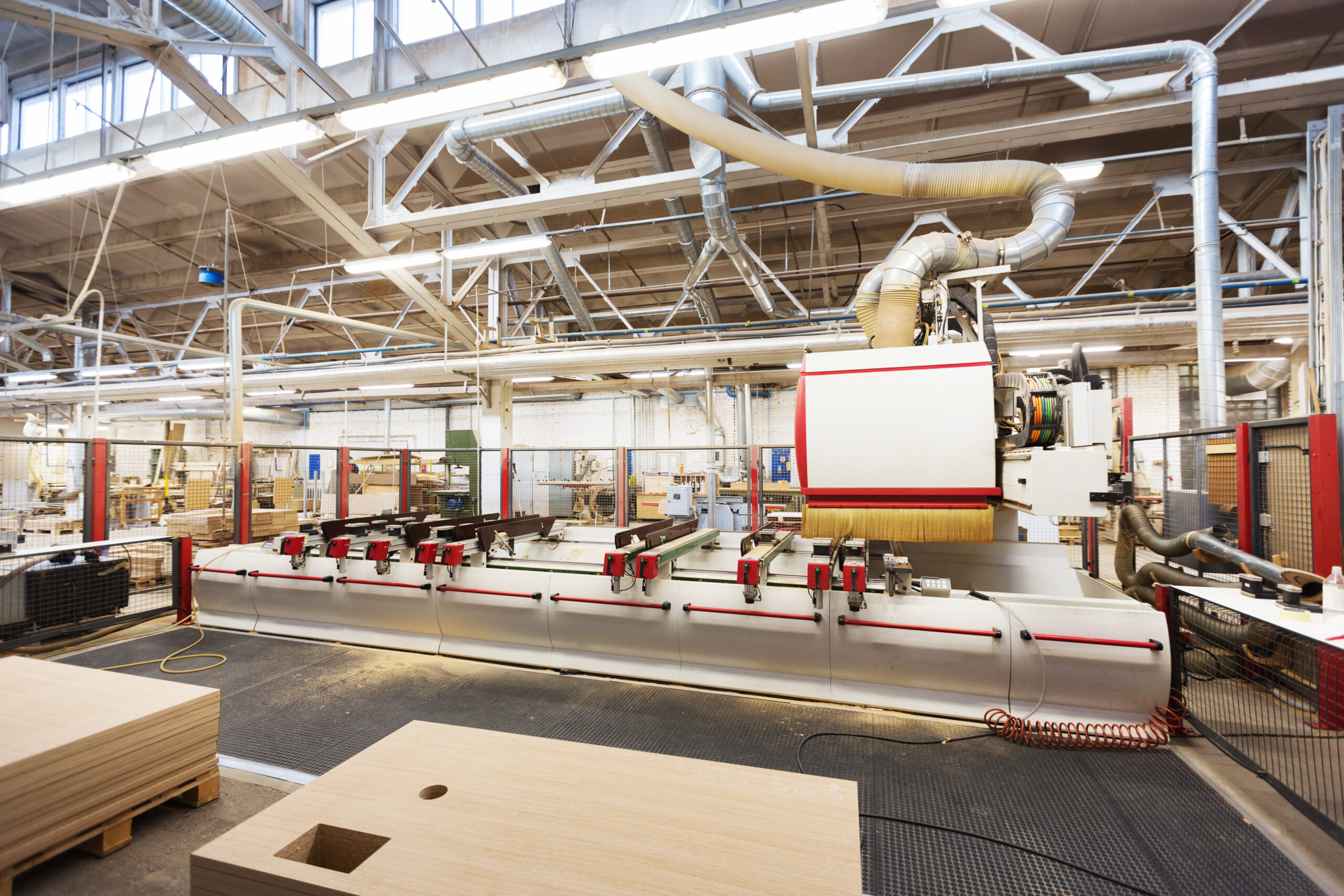
A meaningful job generation strategy is through Micro, Small and Medium-sized Enterprises (MSMEs) in Africa, Caribbean and Central America (ACCA) economic zone. Small and Medium-sized enterprises (SMEs) participation are left out of future growth plans in this region.
In the Organization for Economic Cooperation and Development (OECD), China and South East Asia countries, micro, small and medium-sized enterprises (MSMEs) are integral to current and future economic strategy. MSMEs are highlighted as the growth engine and job creator for these countries. In the EU they form 98% of businesses and 99% in the US. They are referred to as the backbone of economic growth in OECD countries. In the US, they form two-third of net new private sector jobs and account for 44% of GDP in 2014 (US Small Business Administration). Compared to countries in the Caribbean, SMEs account for 45% of all businesses. According to a US trade Representative, SMEs that are involved in exports tend to grow faster, create more jobs, pay higher wages than similar businesses that do not. Classification of businesses vary from country to country. However, a general classification is as indicated below:
Company Category Staff Headcount Annual Turnover
Medium Sized <250 <$60M
Small <50 <$20M
Micro <10 <$5M
These businesses participate in all sectors of the economy in OECD countries. Most of these MSME businesses operate in the formal sector with 34% operating in the informal sector (no formal government registration). Governments in these regions encourage Start-ups (a business that is in the initial business stage) programs for new inventions or new approaches towards addressing current problems. They assist these new ventures to develop into a business with assistance to scale into a viable venture. Western economies and southeast Asian countries fully understand and value the contribution from MSMEs toward economic growth. They create and foster a functional ecosystem that have produced popular and thriving companies. Companies such as Google, Facebook, Hewlett Packard, Alibaba, Samsung, Apple, Tik Tok and Amazon transitioned from start-ups and scaled to present level generating close to 1 million jobs combined. These governments embrace and value entrepreneurial ventures to improve human standard of living. Without entrepreneurial risk and creative destruction, capitalism doesn’t work,” wrote Ruchir Sharma.
ACCA countries do have entrepreneurs engaging in various small and in some cases medium sized businesses. The rate varies among countries in the ACCA zone with close to 40% of these businesses can be as classified MSME according to the above category. The reason is that in ACCA countries, a large percentage of businesses operate in the informal sector. These businesses were created for survival reasons when there are no alternative job opportunities or governmental social support.
Formal operating MSME businesses are geared towards business income, profit and longevity. They were created to respond to a gap in the market and are projected to scale over time according to IFC a World bank group “The MSME Voice” 2020 report.
In sub-Sahara Africa, 90% of small businesses operate in the informal sector making the area the second largest after Latin America and the Caribbean. In the Caribbean, informal sector businesses vary with 20-30% in the Bahamas, 30-40% in Barbados, 35-44% in Jamaica, and 26-33% in Trinidad and Tobago according to the Inter-America Development Bank 2017 report. Micro and small businesses generally have a high failure rate at early stage of operation. In ACCA region, only 1% of businesses have transitioned from informal to formal operations over a 5year period. This rate is far lower compared to western economies. Micro and small ventures in ACCA are not offered business support similar to better performing regions that would encourage high transition rate.
Despite their low recognition, MSMEs in ACCA countries offer valuable contributions toward economic growth. They contribute 80% of total workforce and 65% of GDP (IMF). In South Africa for example, small enterprises employ between 50 – 60% of the country’s work force and contributes around 30% of GDP – according to the IFC (a World Bank group).
Why are countries in the ACCA zone slow to foster a thriving MSME business culture?
MSMEs in general, face many challenges. It becomes even more difficult navigating through the business stages in ACCA countries. According to the Association of Caribbean states report (2011) these challenges include – weak policies and emphasis in MSME development, lack of legislations and will to implement policies to stimulate the sector, inadequate proprietary protection, limited access to capital, weak management and technical skills, and inadequate technological infrastructure.
Way Forward
A cultural switch will be needed. A massive governmental support will be vital. NGOs operating in the region provide help and support that must be fully utilized. Transitioning large percentage of informal businesses into a formal framework is a competitive advantage for countries to utilize. These newly formalized businesses could immediately generate substantial revenues through fees and tax revenues as they develop through the various business stages. In the USA, Small Business Administration (SBA – an independent agency with responsibility to aid small business growth) guides and monitor small businesses through the various stages of business activities. In Germany, Mittelstand performs that function, Brittelstand in the UK, with similar agencies in other OECD and southeast Asian countries. These agencies are invaluable ensuring a functioning MSME ecosystem is in place. They also have governmental oversight making sure policies are adjusted as their economy changes.
Many ACCA countries operate agencies with similar intention, but they lack determination, strategic focus, active monitoring, mentorship, financial and technical support. In Ghana for example, during their COVID assistance program, they realized that many small businesses did not come forward for assistance as they do not operate formally – according to a government official.
Advantages
A massive opportunity awaits countries in the ACCA region to actively foster a culture of MSME growth. Many small businesses in OCED countries are facing heavy competition as China and South East Asia pushes their export drive. Additionally, some SMEs in OCED countries that have for decades operated as family-owned businesses with sound artisan skills, are closing due to family aging and fast changing economic realities. SMEs in ACCA countries can benefit from this knowledge through business partnership. Technical and management skills can be learned through this partnership. Skills such as leather process, furniture making, jewelry making, food processing, packaging, floriculture, agri-businesses including precision agriculture are added value operations. In most cases, raw materials already exist in these countries and a combination of value processing can generate needed economic growth and create jobs. ACCA countries need to utilize MSMEs to take on-board current challenging issues such as climate change, health & safety, education and security. This is a better way for central governments to capitalize on their limited resources by delegating/out-source seemingly insurmountable issues.
Global Value chains (GVC) have also increased participation of SMEs. Countries mainly in South East Asia are benefiting from GVC growth thanks to an SME ecosystem that had positioned these businesses to compete for projects.
If ACCA countries are serious about sustained economic growth that lead to job creation, they must immediately create an MSME ecosystem – Sharon Freeman in her book “Startup and SME Support: An Entrepreneur’s Perspective” outlined steps that could be followed to create this process. The framework will differ among countries as situations are different. Governmental support is vital. In countries where initial governmental support is lacking, businesses in the same industry can start the process through trade cooperation. The group’s strength can give their sector a strong base to attract finances, technical and management assistance both local and international. The strength in one sector can have similar impact in other sectors especially if they are inter-dependent. Trade associations exist in many ACCA countries and they play a vital role in economic development. They need to be assisted, monitored and mentored. An extra focus can be placed on MSMEs growth within their industry. Internet technology has made it possible to benefit from business partnerships within continent, across continent and within the ACCA zone. Additionally, business platforms such as KZELLE provide international supporting links, database, country economic data to enable businesses to venture outside their geographical region.
MSMEs are vital to a country’s economic growth. They are the job creator for most countries. In Industrial Policy in the 21st Century: The Challenge for Africa, John Page emphasized that there needs to be supporting MSMEs to assist large industries for African countries to realize their industrial potential. MSMEs in view of their simplistic setting does encourage entrepreneurial development within a country, regardless of varying cultural and geographic differences. Existing cultural variation can be a competitive advantage for artistical expression, promote the use of indigenous resources (raw materials and people). MSMEs are flexible and nimble to have faster and direct impact on environmental changes. In some instance, MSMEs are family-owned and they offer tremendous business value (World Economic Forum -2021 report). A thriving MSME ecosystem can also use economic approach to address social and political challenges. No idea is irrelevant, and no business is too small to have an impact. The growth of Facebook, Twitter, PayPal, Instagram and numerous dating-sites should offer hope of possibility. Current issues that bedeviled local environment could be addressed, starting at a micro level with assistance to scale.
ACCA countries must actively with full force encourage and promote an MSME culture. Start-ups are like small shots of trees in a forest. Their growth should be encouraged and nurtured through a conducive ecosystem. Start-ups face lots of challenges, but with both public and private support from all areas, they can navigate growing issues.

Immediate Action
An audit may be needed to assess existing levels of informal businesses, identify ways to convert them into the formal sector. This area possesses a great challenge as cultural and possible feeling of financial loss might create resistance. Immediate financial incentive may be needed with assurance of access to expanded business opportunities would be encouraging.
ACCA countries must show greater determination and encourage MSMEs growth as they assist with employing the restless expanding youth population. Other countries have demonstrated that MSME participation does absorb and quell youth economic concerns and anxieties. MSME growth can be made easy through business partnership within and outside the region. This will give businesses access to extra support and a wider market thereby stimulating an export drive.
ACCA countries must set a goal of at least 80% formal sector MSME participation to have a significant impact on long term economic growth.
ACCA countries how can you utilize your MSME potential?
Desmond Thorpe – Chief Strategy Officer, Stafford Global Group, Jan 2021.
Kzelle.com
@kzelle4


